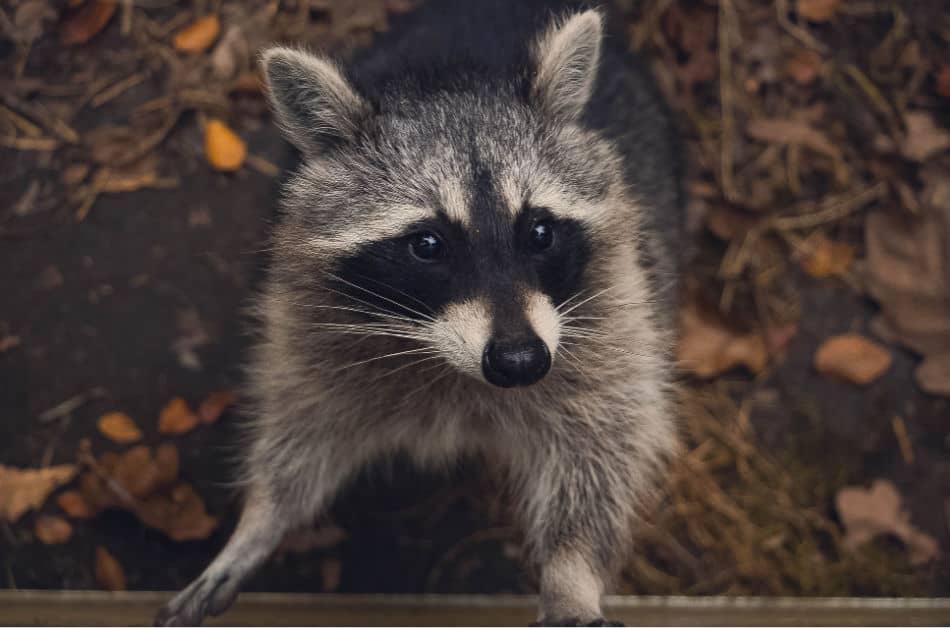As an Amazon Associate I earn from qualifying purchases.
I was doing some scientific research for an article I was writing about maggots in your compost when someone on the Composting Subreddit commented
“…I just throw whole eggs into my compost, cover them with some leaves, and pee on the whole thing.”
Dude on Reddit
Wait, you pee on your compost? That was a new one for me. I haven’t peed in my yard since I was a kid and I must admit that it never occurred to me to relieve myself all over my pile of kitchen scraps and lawn clippings. Especially since my compost is destined for my vegetable garden (I don’t pee there either), and I am extremely conscientious of what goes into my pile.
I knew now that I would have to find an answer to the question that was plaguing my soul: should I be adding urine to my compost pile? And if so, what benefits could there possibly be to justify adding urine to my compost?
Well it turns out there are a few. Whether they are beneficial enough to encourage you to pull down your pants, that’s for you to decide…
Adding urine to your compost is a free and non-toxic method of adding moisture and essential minerals, such as nitrogen, to your pile. Human urine may also deter rodents and other pests from disturbing your pile. Excess urine may cause an unpleasant odor as ammonia builds up in your compost.
Long story short, you probably shouldn’t be peeing on your compost every chance you get. Let’s look at the issue more closely, starting with the good.
The Good & Bad About Adding Urine To Compost
3 Benefits Of Urine For Your Compost Pile
1. Urine Adds Moisture
Moisture content is one of the main distinguishing factors between hot and dry composting. If your pile slows down, it is typically because it has become a less hospitable place for the microbes which are doing the heavy lifting. Keeping your compost moist and damp (as well as turning regularly to aerate it) is one of the most important things you can do.
Now, a sizable pile (like the kind you need for hot composting) needs a considerable amount of moisture. I always keep a hose nearby to add moisture as I turn the pile. Unless you are urinating
on your pile every single time you need to go throughout the day, it probably will not add enough moisture on its own.
2. Increases Nitrogen and Other Mineral Content
The majority of plants pull nitrogen from the soil as they grow. They use it to make amino acids, complete proteins, and even their DNA. Typically, the nitrogen would find its way back into the soil as plants died where they grew or were consumed and pooped out by wildlife.
However, due to the human tendency to consume plants, poop in a toilet, and plant more plants in the same spot, nitrogen-depleted soils have become more and more common (this is of the main reasons that farmers rotate their crops).
One of the vital roles of compost is to replenish the Nitrogen in your soil… and do you want to guess what’s rich in Nitrogen? Yep, urine. Adding urine to your compost can not only balance out your ratios (fixing a slow or stinky pile), but will add nitrogen to the compost itself where it will stay until it is mixed into the soil.
Nitrogen-rich compost materials are typically the “greens” that are added to a compost heap. If you have lots of greens, urine on your pile might be a bit redundant and actually hurt your ratio. However, if you have lots of brown, a healthy male can produce enough urine every year to add nitrogen to 1800 pounds of compost! You don’t get to go on vacation though because you have to stay home and pee on your pile…
3. Urine Can Help Deter Animals

Many gardeners swear by using urine to keep animals and pests away from their yards and garden. This is one of the hopes that many people have when they pee on their compost. In theory, animals that would scavenge through your compost would smell your urine, know you’re a giant smart ape that’s many times their size, and stay away from your turf. And it does work…sometimes.
Some animals (raccoons in particular) are deterred by human urine. Larger predators, however, such as bears and mountain lions, are often curious about the smell and attracted by the salt content in urine. Exchanging raccoons for bears doesn’t sound like a great game plan to me.
However, the jury is still out on how effective pee may be at keeping your compost pet free. For what it’s worth, many people swear by it and pee all over their pile every time they add scraps or material that would be tempting for animals.
3 Drawbacks Of Adding Urine To Your Compost
Now that we’ve talked about the rosy side of adding urine to your compost, let’s step back into reality (and the bathroom) and hit a few of the concerns.
1. The Smell
Urine stinks. Well, actually, the urine itself doesn’t stink. It stinks when the urea ferments into ammonia. If urine is neutralized or diluted this typically isn’t an issue, but if you’re adding large amounts of urine to a pile over a period of time, you’re probably going to end up smelling it.
2. Toxic Substances and Salts
Urine is one of the ways the body rids itself of substances that it doesn’t want (I’m sure you can name the other way…). Because of this, your urine is often high in salt and can also contain toxins such as heavy metals. If you are judicious in your urine use, this typically won’t be a problem, but both salt and heavy metals can build up in your soil over a period of years and make it less hospitable to plants.
3. Microbial and Disease Risks
People always say things like “urine is sterile” and they’re kind of right. Urie is sterile. When it leaves the kidneys. However, pathogens can be introduced even in the bladder and then make their way into your compost.
One of the other concerns is that adding a significant amount of urine to your pile will reduce microbial diversity and allow acid-loving microbes to flourish.
This is mostly a concern if the compost will be used on plants that will be consumed, especially if they will be consumed by someone who didn’t produce the urine.
By all means, go ahead and add pee compost to your flowers, trees, etc. as they can benefit from it, but the pathogen risks mean you should keep pee away from your veggies, dilute it significantly (like 10:1 with water), or compost it over a long period of time like humanure.
How To Safely Add Urine To Compost
I won’t deny that urine has some benefits in the garden and for your compost. Many gardeners swear that adding urine to their gardens or trees has made them more robust and productive. This is especially true if you have nitrogen-deficient soil.
If you decide to utilize urine in your compost and garden, here’s how to mitigate most of the above risks:

- Use only fresh urine. If you keep urine around, it quickly gets stale, grows pathogens, and starts to have an odor. If you can’t use urine within a day, you should discard it or stabilize it with something like hay.
- Use it in moderation. Just because a little bit is good, doesn’t mean that more is better. You can avoid most of the drawbacks by only peeing on your pile or adding pee to your garden every once in a while.
- Don’t add it directly to plants. Because of its high nitrogen content, urine can “burn” the roots of most plants. It needs time to age and dilute before it can be used effectively.
- Control your salt intake. Your plants don’t need a ton of salt in their diet any more than you do.
Conclusion
I probably won’t be adding urine to my compost pile anytime soon. If I do, I would likely use it as a component in making a urine/ash super fertilizer (read about that here). For straight urine, the benefits just don’t strike me as being something that I can’t get from a different source without inherent risks.
However, if you want to do it, go for it! And if I’m out stirring up my compost and my hose isn’t working…who knows what might happen.

